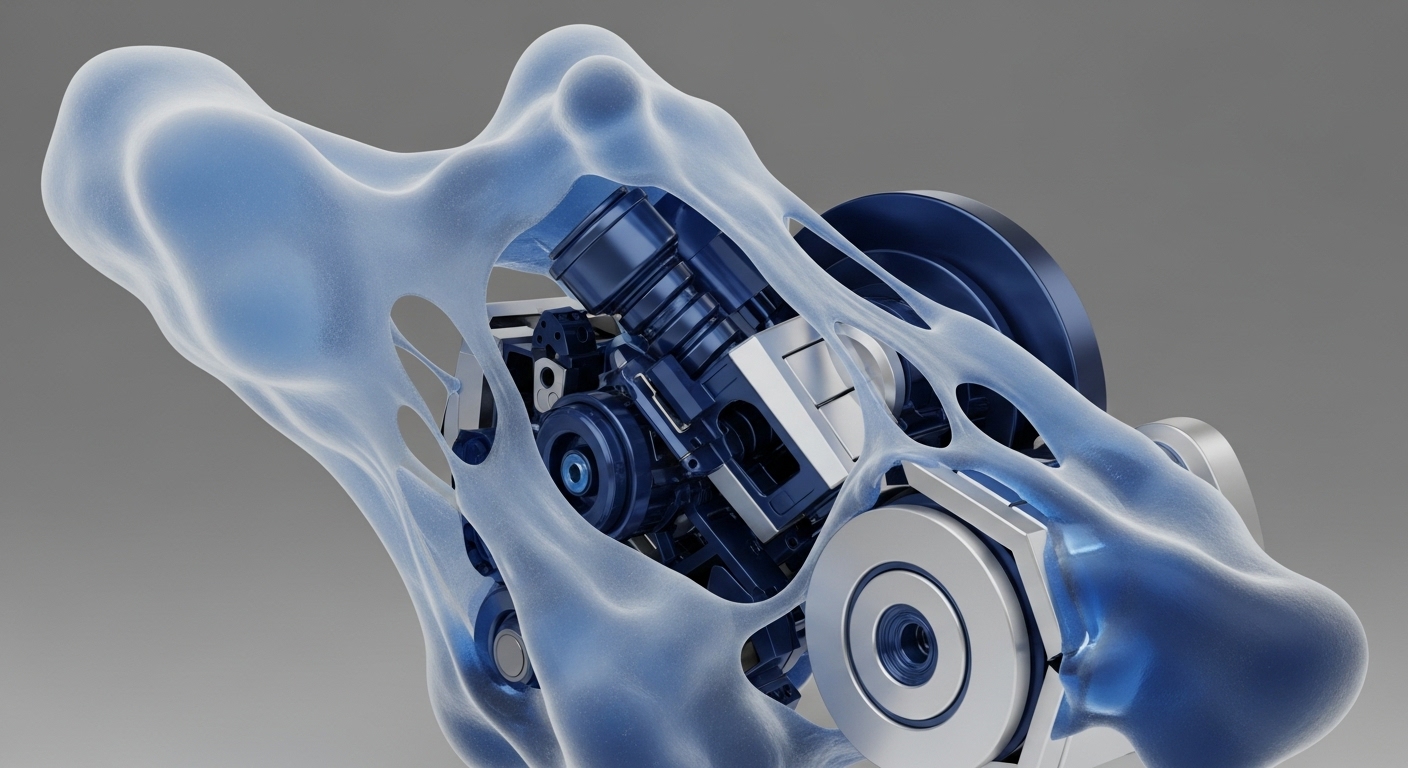
Briefing
Jupiter has launched Ultra v3, a comprehensive protocol upgrade that immediately redefines the standards for trade execution and security across the Solana Decentralized Finance (DeFi) vertical. The new architecture integrates a predictive execution engine and the proprietary Iris meta-aggregator, directly solving the long-standing user pain points of toxic Maximal Extractable Value (MEV) and fragmented liquidity. This strategic product evolution establishes Jupiter as the definitive, low-latency liquidity layer, a position quantified by the protocol’s new capacity to offer 34x better sandwich protection for all aggregated trades.

Context
The dApp landscape on Solana, while offering high transaction throughput, has historically struggled with two primary product gaps → toxic MEV extraction, specifically sandwich attacks that erode user capital, and unpredictable execution quality due to fragmented liquidity across numerous Automated Market Makers (AMMs). Users faced high, non-deterministic slippage and the persistent friction of requiring native SOL for every transaction fee. The prevailing user problem was the inability to secure guaranteed, optimal pricing on high-volume trades, leading to a diminished perception of on-chain capital efficiency.

Analysis
Ultra v3 fundamentally alters the application layer by shifting the execution model from reactive routing to predictive execution. The system intelligently prioritizes trade routes, performing just-in-time simulations to achieve tighter quotes and lower fees. This is complemented by the ShadowLane engine, which ensures sub-second, private transaction execution, directly minimizing exposure to external MEV searchers. The effect for the end-user is a significant increase in realized capital efficiency and a more deterministic trading experience.
Competing protocols are now strategically disadvantaged; the Iris meta-aggregator effectively pulls liquidity from other platforms while offering a demonstrably superior execution guarantee. Furthermore, the extended Gasless Support feature eliminates a major friction point, widening the funnel for new traders by abstracting away the need for a native gas token in every wallet. This architecture is a strong competitive moat built on product-led security.

Parameters
- Sandwich Protection Improvement → 34x better protection, quantifying the reduction in toxic Maximal Extractable Value (MEV) risk for traders.
- Execution Fee Reduction → Up to 10-times lower execution fees, representing the maximum reduction in transaction processing costs.
- Iris Meta-Aggregator → New proprietary routing engine that optimizes pricing across a wide range of platforms, including JupiterZ, DFlow, and OKX.
- ShadowLane Engine → In-house transaction landing engine enabling sub-second, private transaction execution.

Outlook
The next phase will see competitors attempt to replicate or fork the predictive execution and private transaction logic introduced by Ultra v3. The protocol’s architecture, particularly the Ultra API, is strategically positioned to become a foundational building block, or “money lego,” for other dApps. Any new protocol or application on Solana requiring token swaps or reliable price discovery will be incentivized to integrate the Ultra API. This strategy mirrors the Web2 platform playbook of building a superior core product and then turning its key features into a service API for the entire ecosystem, solidifying Jupiter’s long-term competitive moat as the essential liquidity primitive.

Verdict
The launch of Ultra v3 establishes a new, technically superior floor for decentralized trade execution, transforming Jupiter into the essential, low-latency liquidity infrastructure for the entire Solana application layer.
